Snake Cradle: Autobiography of a black woman
Allen & Unwin, $19.95 pb, 328 pp
Snake Cradle: Autobiography of a black woman by Roberta Sykes
Snake Cradle: Autobiography of a black woman is the first published volume of a three-part life story from Australia’s renowned black rights activist Dr Roberta Sykes. In Snake Cradle, Sykes chronicles the first seventeen years of her life in Queensland and gives us a generously open story in her legendary powerful and thought-provoking style.
After thirty years of activism, Sykes has become something of an icon of black rights in this country. Her reputation as an articulate and powerful woman grew in the 1960s and 1970s as Australia’s Aboriginal leadership broke barriers of entrenched racism to change the backward policies of containment of Aboriginal people in this country.
Secrets swarm through Sykes’ childhood in 1950s Townsville, then a rural north Queensland seaside town. Here in the ‘Snakes Cradle’ of colonial racism, Sykes and two younger sisters grew up with their white mother, Rachel Patterson, in a nest constructed of secrets and lies. Yet Sykes speaks fondly of her mother who was ‘the minder and nurturer whom we suspected of having eyes in the back of her head, and who was the central and most powerful influence in our early lives. But did we know her? The answer is no.’
Sykes also draws upon the Carpet Snake totem, which was revealed to her by an old Aboriginal man who, recognising family resemblances, placed her in an Aboriginal ancestry. Throughout Australia, the knowledge of Aboriginal elders on such matters is uncanny and respected.
Continue reading for only $10 per month. Subscribe and gain full access to Australian Book Review. Already a subscriber? Sign in. If you need assistance, feel free to contact us.


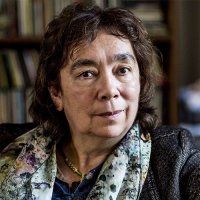

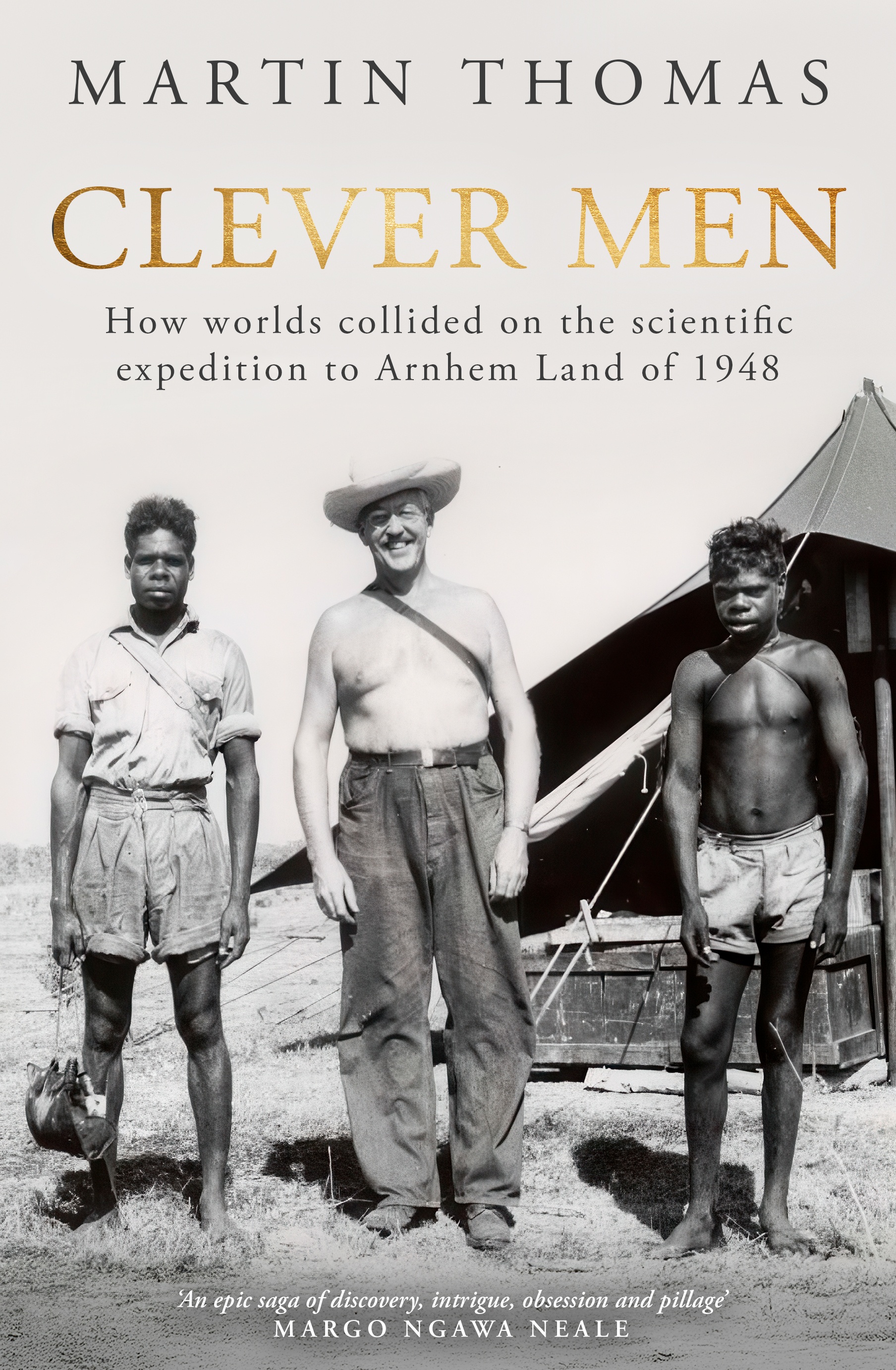
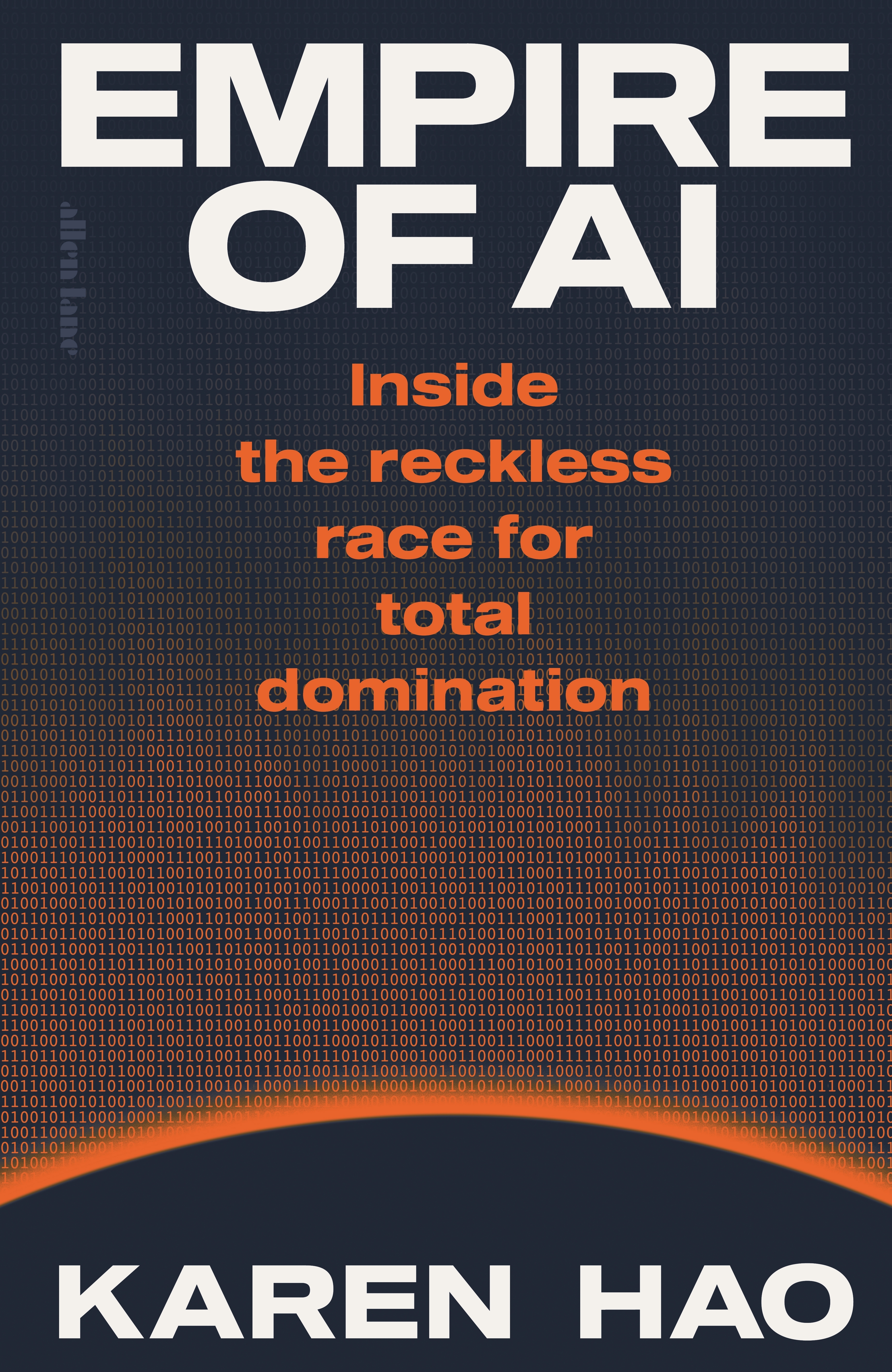
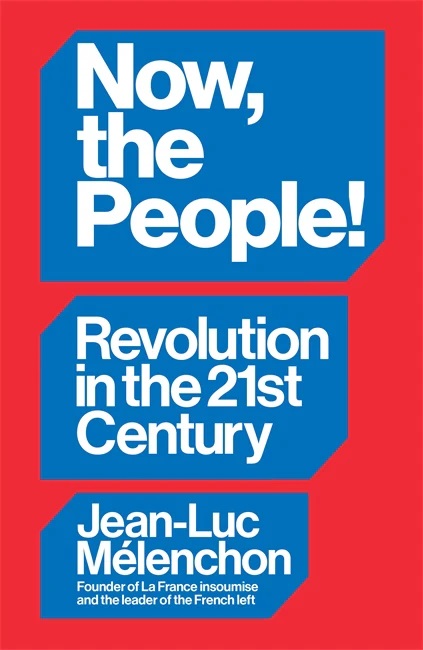
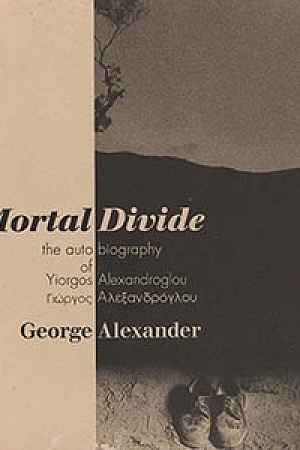
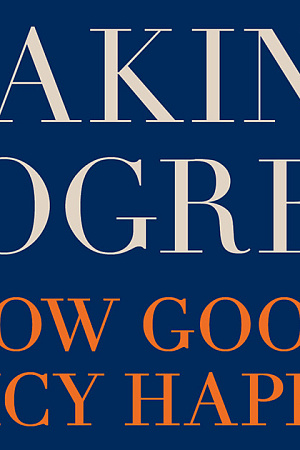

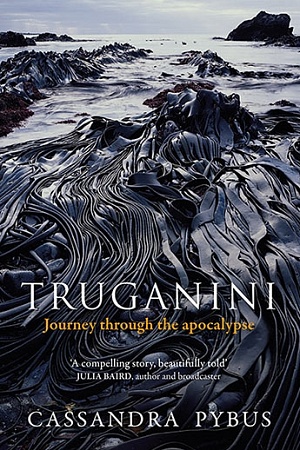
Leave a comment
If you are an ABR subscriber, you will need to sign in to post a comment.
If you have forgotten your sign in details, or if you receive an error message when trying to submit your comment, please email your comment (and the name of the article to which it relates) to ABR Comments. We will review your comment and, subject to approval, we will post it under your name.
Please note that all comments must be approved by ABR and comply with our Terms & Conditions.